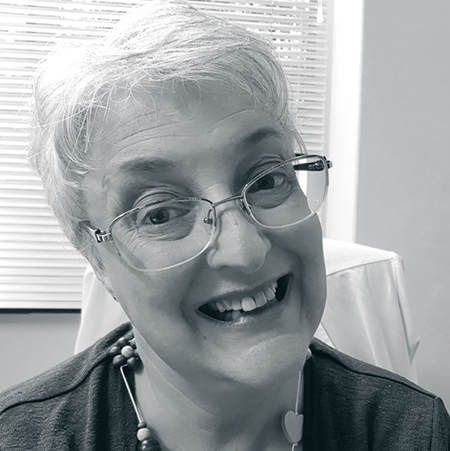No one escapes the silent killer.
High blood pressure is one of the major factors that contribute to cardiovascular disease and is often referred to as the “silent killer”.
It is clear from several studies conducted by the Hypertension in Africa Research Team (HART) at the North-West University (NWU) that even schoolchildren and young adults cannot escape the condition that often leads to premature death.
Young adults display risk factors
HART’s African-PREDICT study found that a high percentage of young adults demonstrated cardiovascular risk factors, namely being overweight or obese, following an unhealthy diet, having a high salt intake and low intake of fruit and vegetables, smoking and alcohol abuse.
Dr Lebo Gafane-Matemane, a senior lecturer at HART, was the co-author of an article on the early detection and identification of cardiovascular disease and hypertension.
She says that young people should be empowered to combat hypertension.
Read the article here: https://journals.sagepub.com/doi/full/10.1177/2047487318822354.

Dr Lebo Gafane-Matemane
Teaching young people to be in control of their health
Prof Ruan Kruger from the SARChI Research Chair in the Early Detection and Prevention of Cardiovascular Disease in Africa at the NWU says the risk of having a heart attack or stroke starts when people are still at school, and that high blood pressure can even occur at infancy.
“To keep our heart and blood vessels healthy, we should limit sweets, cookies, cake, sugary drinks and salty snacks. Instead, we can eat more fresh vegetables and meat with little fat.
“You can be in control of your own health and make choices about what you eat from a very young age.”
He says teachers also have the responsibility of promoting healthy living by discouraging alcohol abuse, smoking and unhealthy food intake.

Prof Ruan Kruger
Teachers must also lead healthier lifestyles
Prof Sanette Brits, an associate professor in Physiology at the NWU, says many teachers live unhealthy, stressful lives and must be encouraged to follow healthier lifestyles.
“The solution is to make simple, practical changes to their lifestyles, such as doing regular exercise, eating healthy food and even starting regular meditation sessions of 15 minutes per day.”
She says the Department of Education should consider encouraging teachers to buy into healthier lifestyles by introducing healthy lifestyle programmes at school.

Prof Sanette Brits
Tell-tale signs in body fluids
Prof Carina Mels, director of HART, says recent research indicates that there are subtle clues in body fluids such as urine that make it possible to detect hypertension.
“When you are young, your aorta is still elastic, and the pulse wave takes longer to travel through the arterial tree. As you age, the aorta and other arteries in the body lose their elastic properties. This happens as the result of a build-up of collagen in the wall of the arteries and is known as arterial stiffness. In a stiff arterial tree, the pulse wave travels much faster, which has a negative impact on your heart,” she explains.
“Amino acids, the building blocks of proteins such as collagen, were identified as one of the important clues to consider when diagnosing aortic stiffness,” says Prof Mels.
“These amino acids (including glycine, serine and hydroxyproline) may end up in your urine as a result of increased collagen metabolism and are closely linked to your diet. When there is a lack of certain nutrients – in this case, proteins – your body will adapt with a protective mechanism. However, this protective mechanism may become exhausted over time.
“These amino acids therefore leave tell-tale signs in patients at risk of developing arterial stiffness and hypertension.”
Read Prof Mels’ article here: https://pubmed.ncbi.nlm.nih.gov/30801385/.

Prof Carina Mels
Blood pressure monitoring is important
Dr Gontse Mokwatsi, a senior lecturer at HART, says the prevalence of hypertension among adult populations around the world – and specifically in South Africa – is extremely high.
“Some people diagnosed with hypertension find it difficult to get their blood pressure under control. For effective management of hypertension, several international blood pressure guidelines recommend obtaining not only clinic blood pressure measurements, but also out-of-clinic measurements throughout a 24-hour period,” Dr Mokwatsi says.
She adds that night-time blood pressure measurements are regarded as especially helpful as a predictor of cardiovascular outcomes in hypertensive individuals, compared to daytime or clinic blood pressure measurements.
“Introducing the use of home blood pressure monitoring in a South African context may help many patients with the management of their blood pressure and also decrease the number of cardiovascular events.”
Read Dr Mokwatsi’s article here: https://www.ahajournals.org/doi/abs/10.1161/HYPERTENSIONAHA.119.14344.

Dr Gontse Mokwatsi
